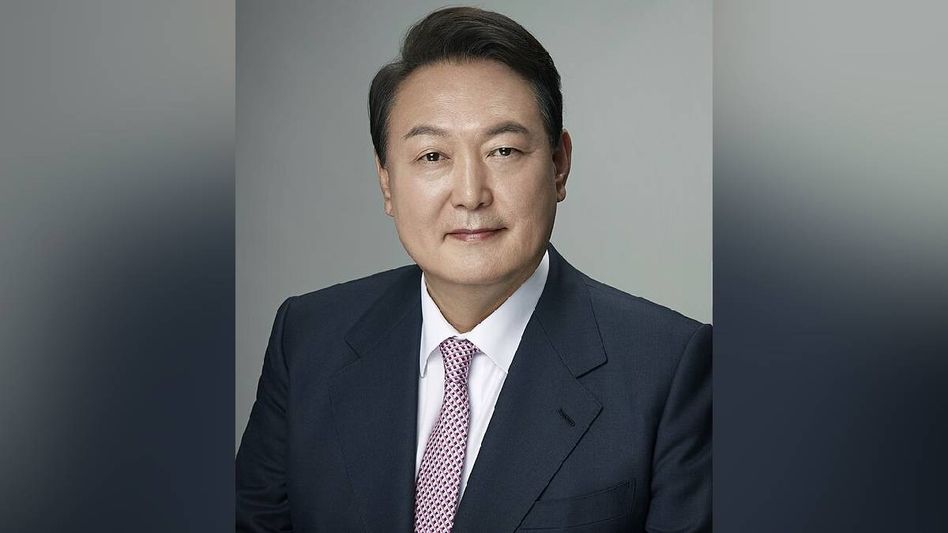In a historic development, South Korean President Yoon Suk Yeol was arrested on January 15, 2025, over allegations of insurrection following his attempt to impose martial law.
Background: Martial Law Declaration and Impeachment
On December 3, 2024, President Yoon declared martial law, citing concerns over election fraud. This move led to significant political upheaval and public outcry. Subsequently, on December 14, the National Assembly impeached Yoon with a vote of 204 to 85, suspending his presidential powers pending a Constitutional Court decision on his permanent removal.
Arrest Details
After weeks of evasion, Yoon was taken into custody at his residence, which had been heavily guarded by presidential security forces. Authorities, including over 3,000 police officers, surrounded his home to execute the arrest warrant. Yoon’s legal team has contested the legitimacy of the arrest, arguing that the Corruption Investigation Office for High-ranking Officials (CIO) lacks the authority to prosecute a sitting president without referring the case to prosecutors.
Detention Conditions
Following his arrest, Yoon is expected to be held in a solitary cell at the Seoul Detention Centre, a standard procedure for high-profile figures. The CIO has up to 48 hours to interrogate him, after which they must decide whether to seek a warrant to detain him for up to 20 days or release him.
Public Reaction and Political Implications
Yoon’s arrest has intensified political tensions in South Korea. His supporters, including members of the conservative People Power Party (PPP), have protested vehemently, causing chaotic scenes outside his residence. Despite the impeachment and arrest, the PPP has experienced a resurgence in polls, closing in on the opposition Democratic Party. The Constitutional Court’s forthcoming decision on Yoon’s impeachment will be pivotal in determining the nation’s political trajectory.
International Response
The United States has expressed its commitment to working with South Korea during this period of political instability. Japan is also closely monitoring the situation, given the potential regional implications.
Trending Now
South Korean President Arrested Amid Insurrection Allegations
RELATED ARTICLES
Continue to the category

